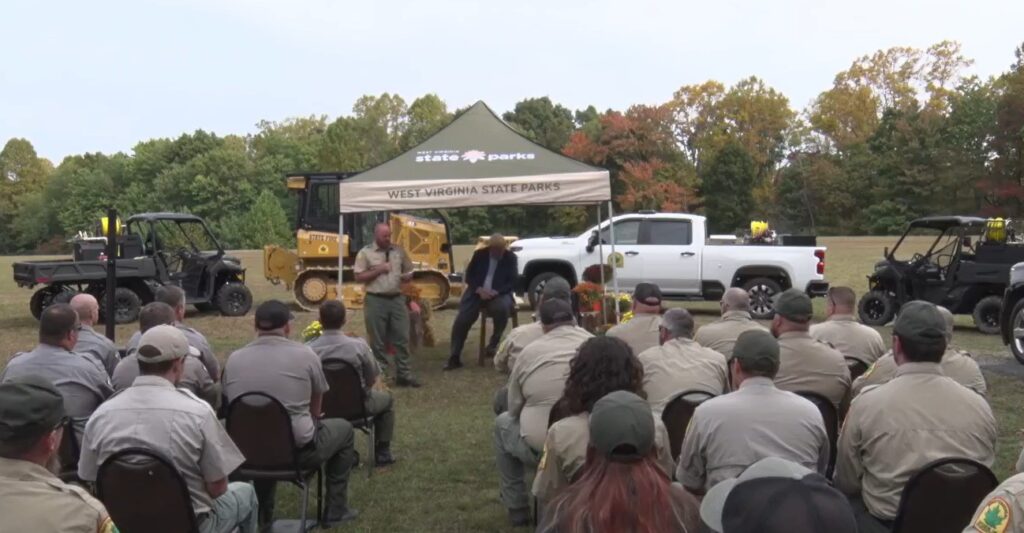 |
Chris Mc Loone |
There was also an unfortunate coincidence in that this was the second time in several months a rig from this station was involved in a rollover. There were many who jumped to conclusions regarding this most recent incident. Although it’s easy to make assumptions, it’s important to remember not to react so fast.
Whenever an accident occurs, a department will conduct its own investigation to arrive at the accident’s root cause. In many cases, this will involve an emergency response vehicle failure analysis, which columnist Chris Koop covers in this month’s Apparatus: the Shops.
The fire department here conducted an investigation quickly and determined the cause of the accident to be the failure of five spring hanger bolts that connect the truck’s frame to the axle. According to media reports, the apparatus’s operator and passengers heard a pop, then felt the truck sag. The spring hanger bolt failure caused the axle to move slightly inward, resulting in the tire rubbing against the wheel well and making it extremely difficult to steer.
There are a number of lessons to be learned from this incident. First, I believe the injuries sustained in this accident were not more severe because the operator was driving the truck in a controlled manner. It was responding to a reported structure fire, but had he been driving recklessly, the results may have been much worse. My high school English teacher was fond of relating Latin expressions to us. One of his favorites was “festina lente,” which translates to “make haste slowly.” We all have a job to do, but we have to get there to do it. Should the unexpected occur, being in control of the vehicle will help reduce the chances of severe injuries or death.
Second, know your trucks. I know that sounds obvious, but who among us doesn’t know our personal vehicles well enough to know when there is an odd vibration that wasn’t there before or notice when a new sound emanates from the engine compartment? One of the items Koop discusses is that when investigating the failure of an apparatus component, a department must ask the right questions, and the apparatus operator can be of great help. In the above example, the operator and firefighters were all able to cite very specific things that occurred prior to losing control of the vehicle. Although they were very specific items, when you know your trucks, you’ll know every shimmy and every odd sound. Report them immediately.
I will never forget when I had a truck stall on me, luckily in our highway yard, on a fuel run. The truck just died and would not start again. As I was driving it to the yard, I noticed it was hesitating-not enough to make me really nervous, but enough to be noticed. After it died, and was subsequently flatbedded to the repair facility, I relayed this to my chief engineer, who replied, “Do me a favor. The next time it’s doing that, turn it around and bring it back.”
The third lesson is not to jump to conclusions too quickly. No department wants to experience an apparatus rollover, much less two within months of each other. Operator error was not to blame in this rollover. Moreover, I believe the operator saved the four firefighters riding that truck from more severe injury. As difficult as it was to steer the truck, had he been going too fast, the crash would have been worse. Physics being what they are, the faster you’re going when a rollover starts, the longer it will take for the rolling to stop.
Don’t forget to do everything you can to prevent parts from failing. We cannot prevent all components from failing. But with a good preventive maintenance program, we can work to ensure the parts last as long as they are supposed to and switch them out when necessary. Document everything, and listen to your operators when they say something’s not right with the rig. They use it the most, and they know it the best.

